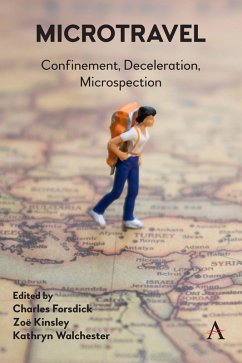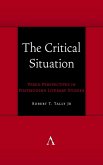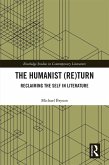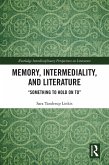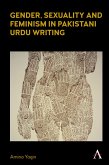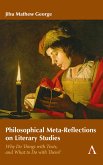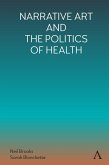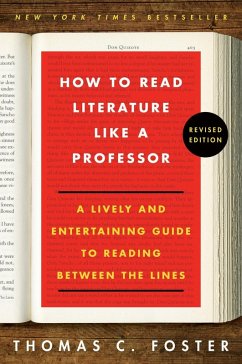The 2020 COVID-19 pandemic imposed immobility on large sectors of the world's population, with confinement becoming for several years an everyday reality. The lives of those who previously enjoyed the privileges of being 'fast castes' ground to a halt, while at the same time the displacement of more vulnerable populations along well-established migration corridors has been radically reduced. The result has been a recalibration of the scale of journeying, with travellers slowing down and readjusting their relationship to the proximate and nearby. This situation has provided an opportunity for those who study travel and travel writing to rethink their object of study. This volume explores and historicizes the phenomenon of 'microtravel', designating slower journeys within a limited radius which allow, and sometimes necessitate, new forms of experiencing the world.
The contributors reveal how these practices are far from new and are indeed evident across numerous examples of journey narratives from earlier periods. The volume considers a diverse range of forms, including fictional texts. It also includes ficto-critical writing, allowing a fuller exploration of new approaches to microtravel in the twenty-first century. Sometimes deceleration is reduced to immobility, with the traditional horizontal axis of travel replaced by a burrowing down into time, place and space. Contributions engage with the following four intersecting themes:
Confinement and immobility: travel writing is traditionally associated with tropes of expansiveness and openness. The volume disrupts this understanding by claiming that the travelogue is often more accurately understood as a form dependent on tensions between mobility and immobility, between confinement and liberty. Confined travellers may experience a breakdown of the journey as their progress stalls and they are reduced to a state of sessility. This physical restriction can lead, however, to different modes of travelling, an understanding of microtravel associated with slowing down and perceiving the place differently. For some, this sessility is a choice, a restricted frame of reference or scope imposed on their travels. Deceleration and pedestrianism: confinement leads to an inevitable slowing down of the journey, but microtravel encompasses other forms of spatial limitation. Eschewing mechanized transport, for instance, the pedestrian becomes reliant on self-propulsion, reducing the dimensions of the world to those of the travelling self. Walking exemplifies the impact of deceleration on the journey, activating multisensory forms of engagement and ensuring direct, close contact with the field of travel. The return of walking in contemporary travelogues may demonstrate, however, a nostalgia for earlier modes of journeying, and there is a need to recognize the pitfalls of such romanticization. Palimpsestic travel: Kris Lackey coined the term 'vertical travel' to describe journeys that disrupt the traditional horizontal axes of travel. Robert Macfarlane has written, in Underground, about itineraries that burrow beneath our feet and explore the hidden and the unseen. This volume focuses also on the notion of palimpsestic journeying as a form of microtravel, an engagement with place that reveals historical layers and allows the travellers to create connections between the past and present. Microspection and microsound: just as deceleration can trigger heightened sensory awareness of the multiple textures of place, on occasion moving beyond the human emphases of the Anthropocene, so our understanding of microtravel is associated with an attention to detail otherwise missed from mechanized journeys or those reliant on acceleration of the body through space.
The contributors reveal how these practices are far from new and are indeed evident across numerous examples of journey narratives from earlier periods. The volume considers a diverse range of forms, including fictional texts. It also includes ficto-critical writing, allowing a fuller exploration of new approaches to microtravel in the twenty-first century. Sometimes deceleration is reduced to immobility, with the traditional horizontal axis of travel replaced by a burrowing down into time, place and space. Contributions engage with the following four intersecting themes:
Confinement and immobility: travel writing is traditionally associated with tropes of expansiveness and openness. The volume disrupts this understanding by claiming that the travelogue is often more accurately understood as a form dependent on tensions between mobility and immobility, between confinement and liberty. Confined travellers may experience a breakdown of the journey as their progress stalls and they are reduced to a state of sessility. This physical restriction can lead, however, to different modes of travelling, an understanding of microtravel associated with slowing down and perceiving the place differently. For some, this sessility is a choice, a restricted frame of reference or scope imposed on their travels. Deceleration and pedestrianism: confinement leads to an inevitable slowing down of the journey, but microtravel encompasses other forms of spatial limitation. Eschewing mechanized transport, for instance, the pedestrian becomes reliant on self-propulsion, reducing the dimensions of the world to those of the travelling self. Walking exemplifies the impact of deceleration on the journey, activating multisensory forms of engagement and ensuring direct, close contact with the field of travel. The return of walking in contemporary travelogues may demonstrate, however, a nostalgia for earlier modes of journeying, and there is a need to recognize the pitfalls of such romanticization. Palimpsestic travel: Kris Lackey coined the term 'vertical travel' to describe journeys that disrupt the traditional horizontal axes of travel. Robert Macfarlane has written, in Underground, about itineraries that burrow beneath our feet and explore the hidden and the unseen. This volume focuses also on the notion of palimpsestic journeying as a form of microtravel, an engagement with place that reveals historical layers and allows the travellers to create connections between the past and present. Microspection and microsound: just as deceleration can trigger heightened sensory awareness of the multiple textures of place, on occasion moving beyond the human emphases of the Anthropocene, so our understanding of microtravel is associated with an attention to detail otherwise missed from mechanized journeys or those reliant on acceleration of the body through space.
Dieser Download kann aus rechtlichen Gründen nur mit Rechnungsadresse in A, D ausgeliefert werden.

